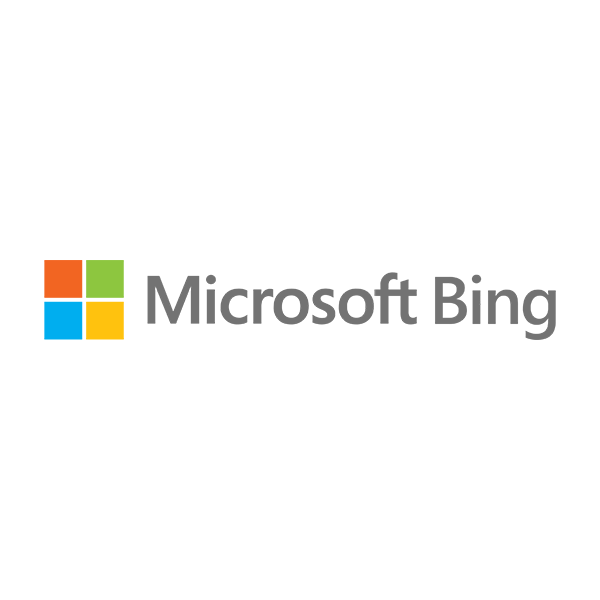Big Day for Bing: Massive Upgrades, Miniscule Gains

 Microsoft's Bing introduced a wide assortment of new search features on Wednesday, the same day that the latest report from comCast revealed slight gains by Bing for the month of November.
Microsoft's Bing introduced a wide assortment of new search features on Wednesday, the same day that the latest report from comCast revealed slight gains by Bing for the month of November.
In fact, though the overall movement was miniscule, Microsoft was the only company to increase its share of the search market last month. Google slipped from a 66.3-percent share of the market to 66.2 percent, and Yahoo fell from 16.5 percent to 16.4 - both the smallest losses measurable, but losses nonetheless.
Bing's share, meanwhile, climbed from 11.5 percent to 11.8 percent. That increase is perhaps a little more significant than it sounds, and it represents a victory not just for Bing but also for the Microsoft/Yahoo partnership - whose combined share rose .2 percent thanks to Bing's gain.
Bing also unveiled numerous new features at its search event in San Francisco on Wednesday. Among them were Like Annotations and Social Annotations for Facebook; local search-focused integrations with OpenTable, FanSnap and Everyscape; a huge assortment of updates to Bing Maps, including graphical improvements, a new Map Interface and a Map App Search; mobile updates for both the iPhone and Android-powered devices, as well as some new features to Bing Image Search and entertainment searches such as extended TV listings and episode guides being integrated into user's results.
That's a lot of new information from Bing, but perhaps the most significant is the announcement about annotations for Facebook.
"Starting today," Microsoft explained, "if your search results include a specific link that has also been 'Liked' by someone in your Facebook network, the link will be highlighted as 'Liked' within Bing. This gets especially interesting for a query like 'Xbox', where my friend 'Liked' the Kinect site and while our algorithms didn't feel it was relevant enough to make it the 'answer' we reference above, we are still able to indicate that my friend liked that link that happened to show up within the results."
With Facebook data clearly the most influential social data on the Web today, this new feature may help Bing continue to chip away at Google's dominance in the search market.

Subscribe to Our Newsletter!
Latest in Marketing








